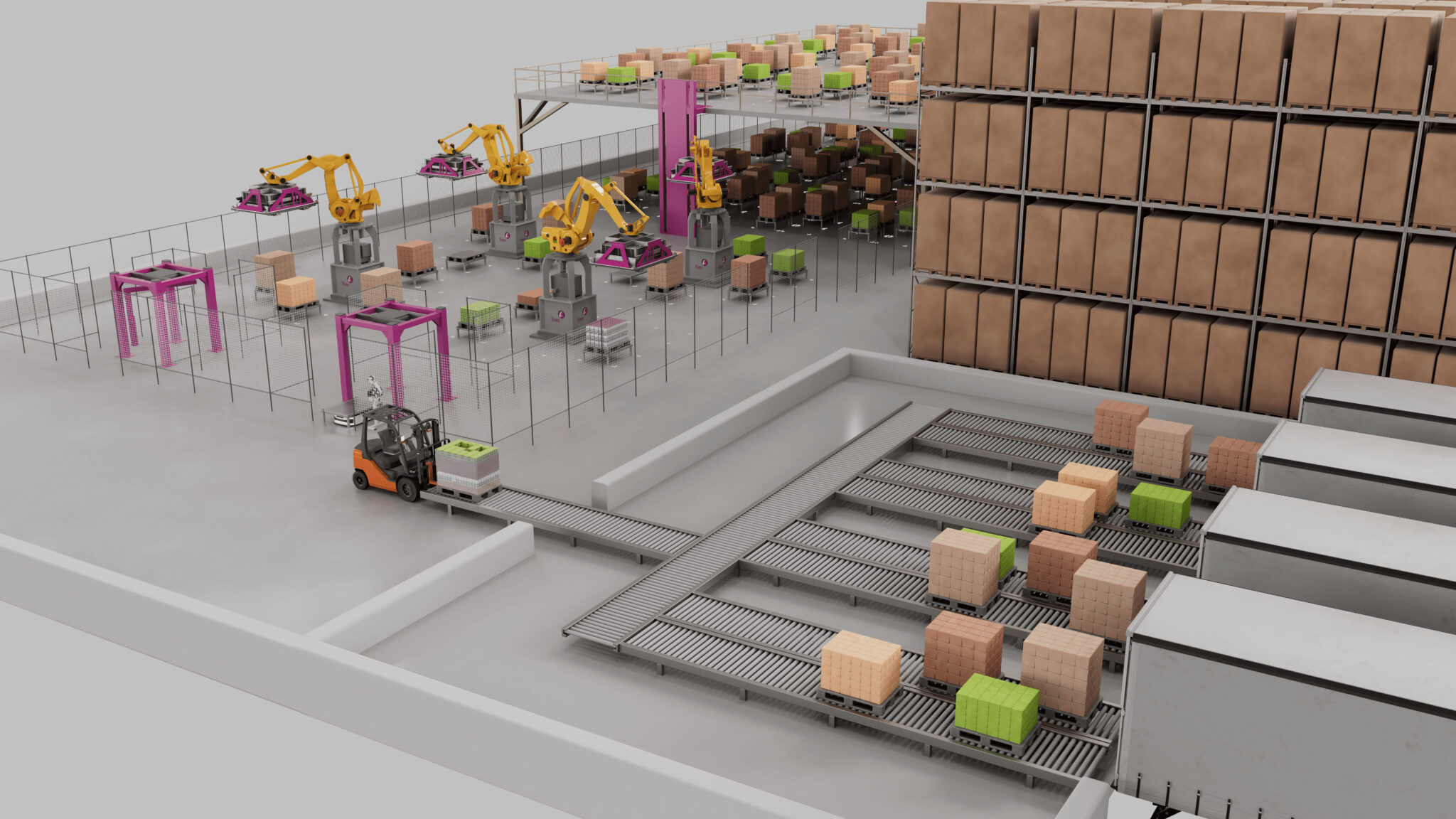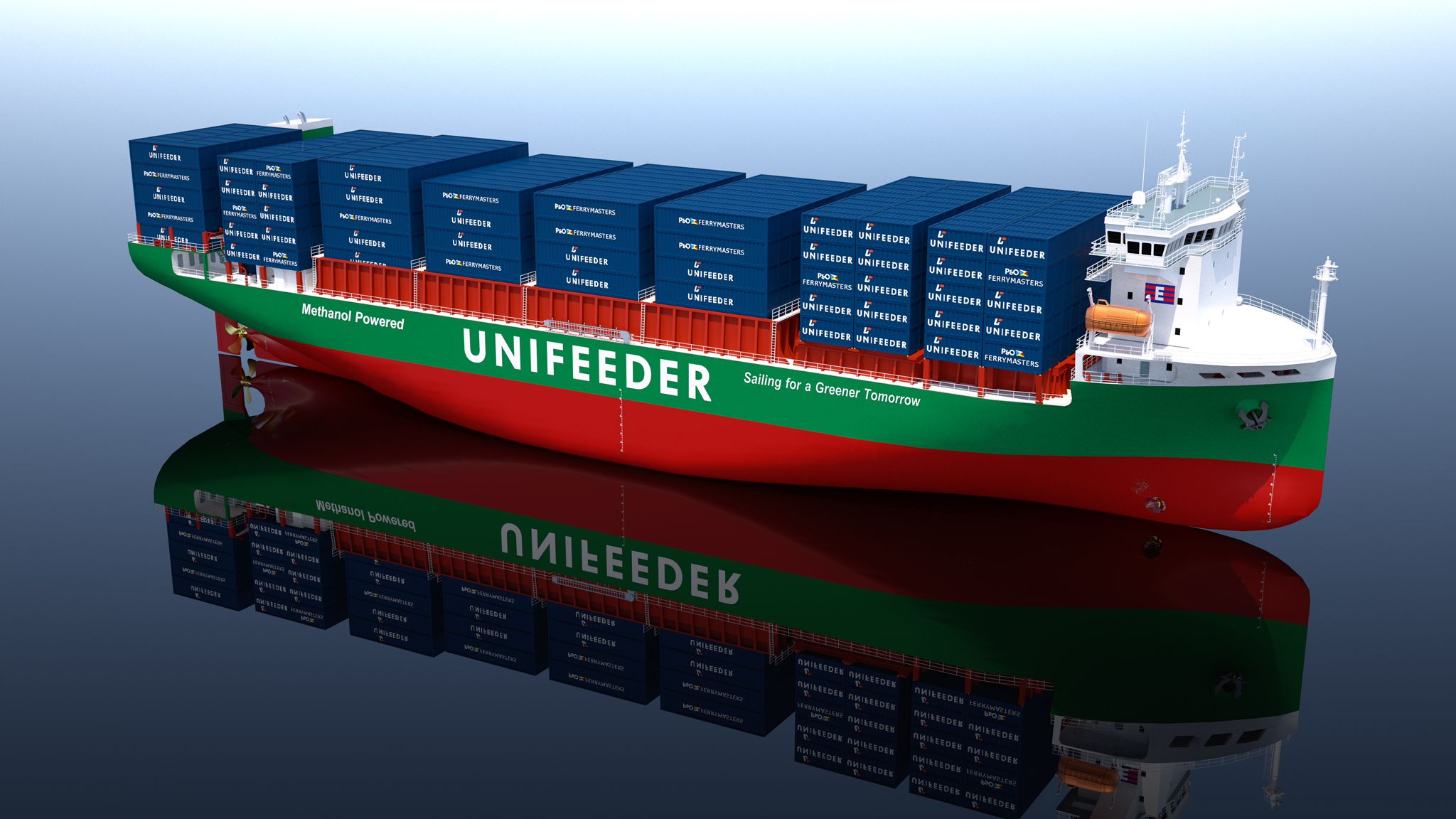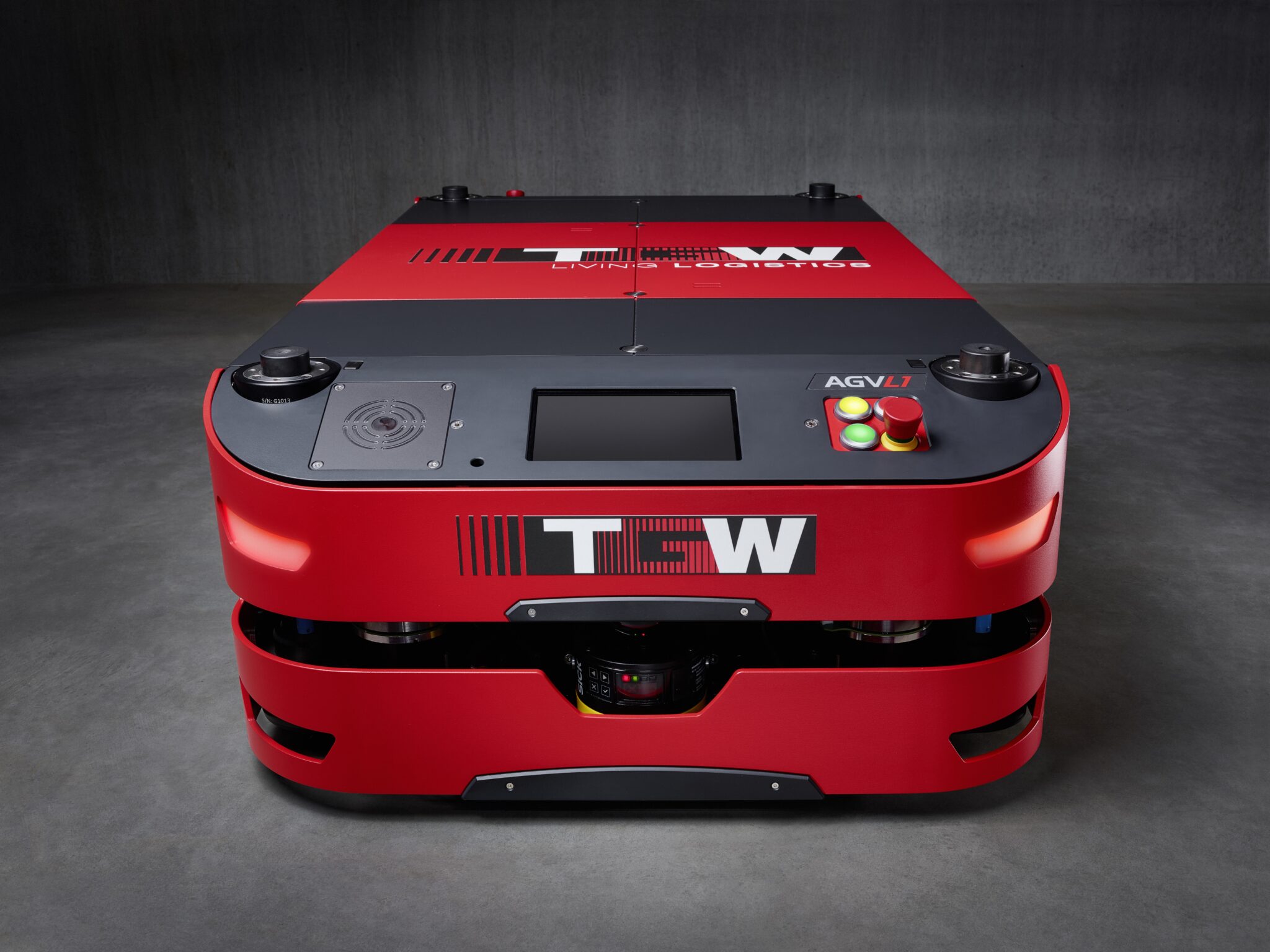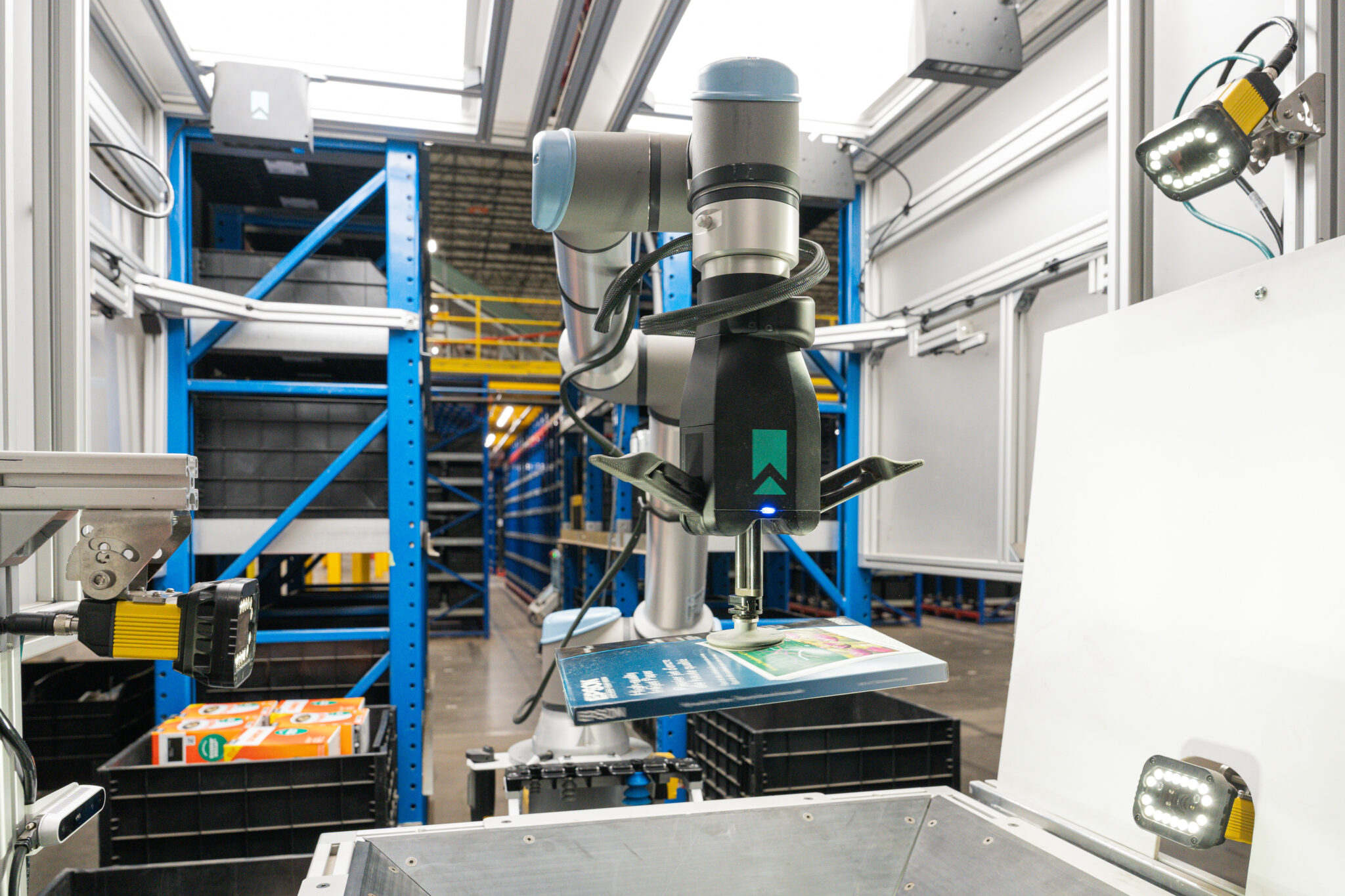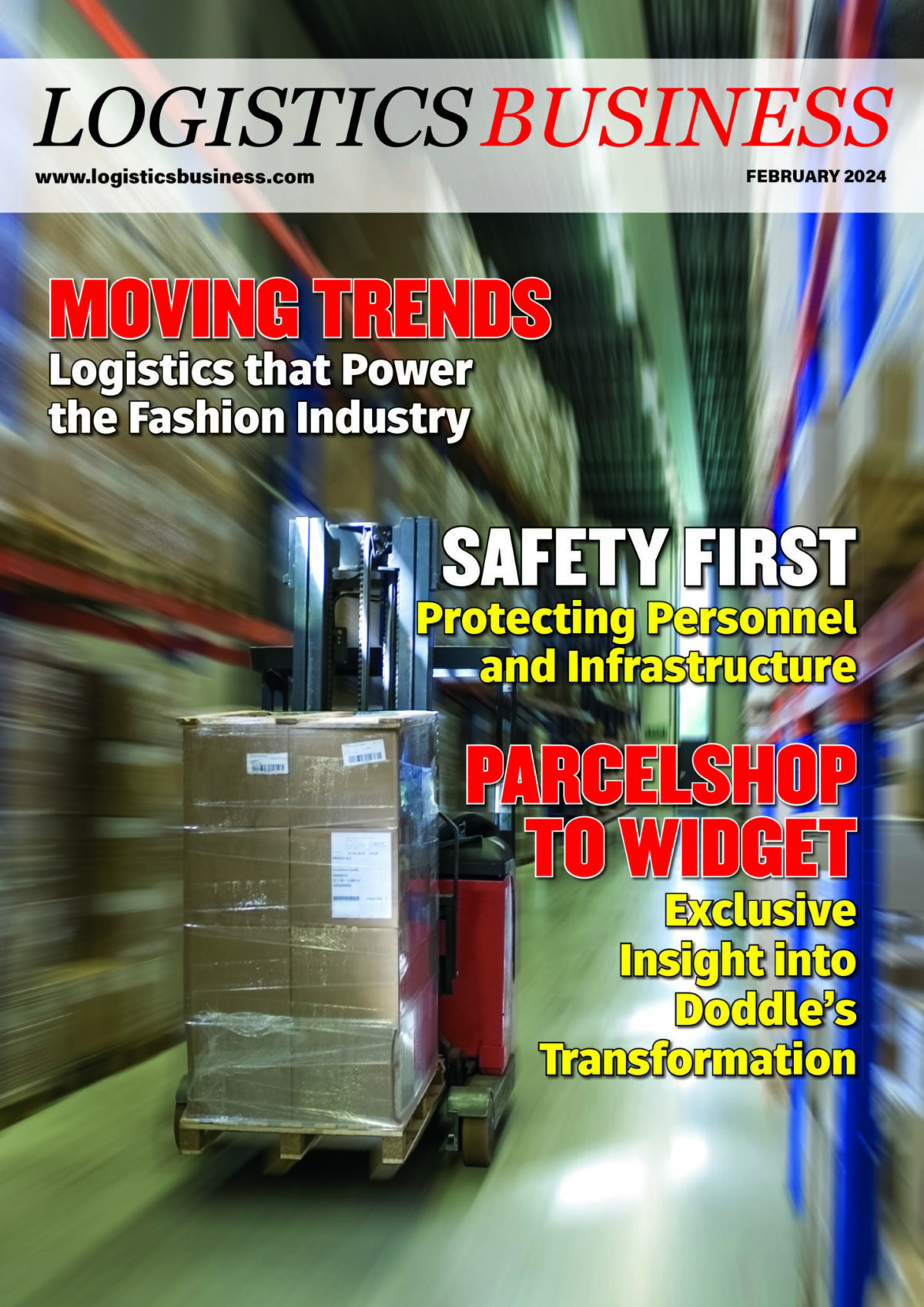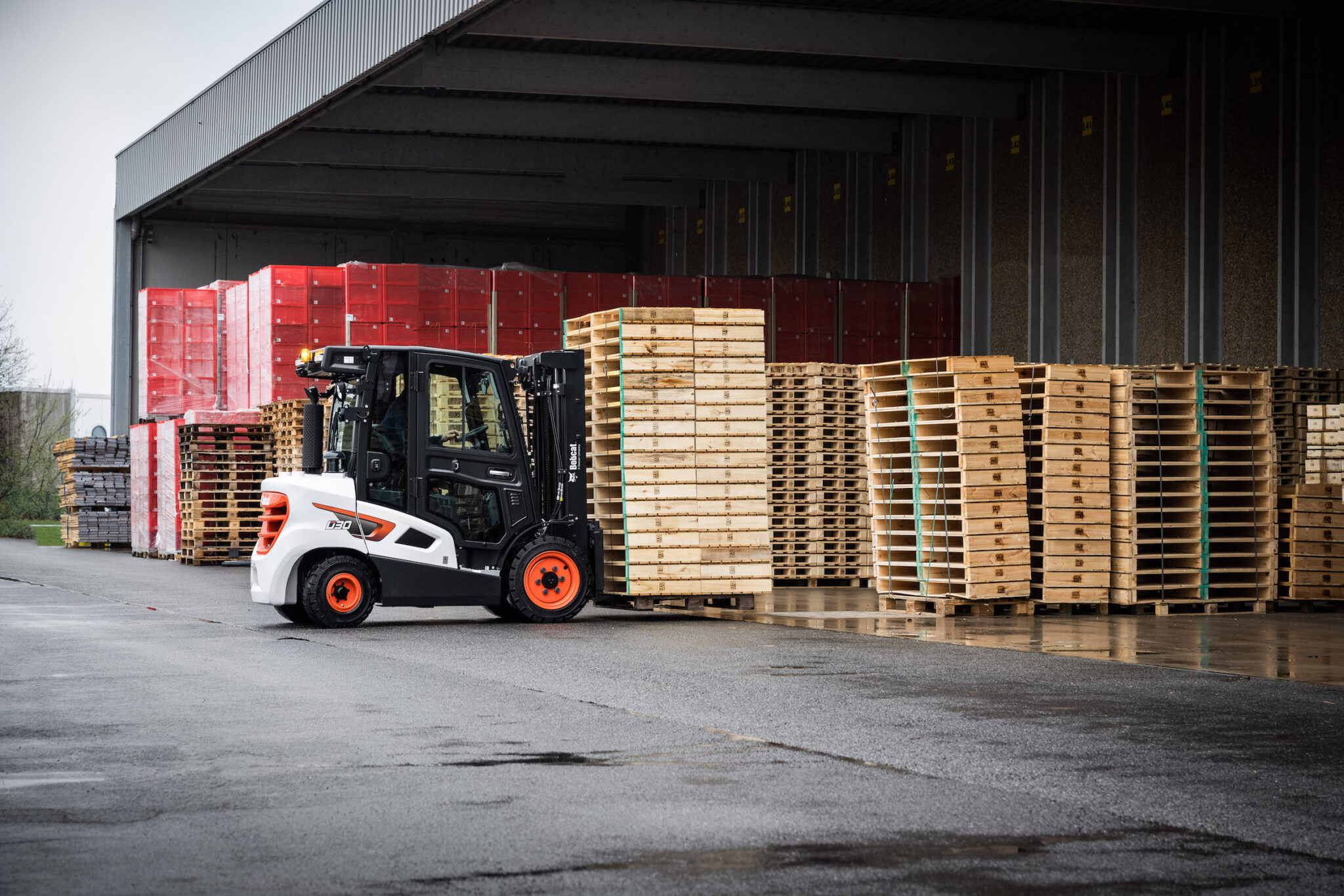Fives will present its complete ecosystem of smart and automated solutions at the LogiMAT tradeshow in Stuttgart, Germany (Hall 1 at Booth 1A61 & Hall 3 at Booth 3A30) from March 19 to 21st. This event will also be the opportunity to showcase its innovations designed to optimize the performance in material handling and automation.
Fives, through its Smart Automation Solutions Division, is an industry leading provider and integrator of cutting-edge, smart, scalable, and sustainable material handling solutions to increase warehouse automation. From retail and distribution to e-commerce, food, and 3PLs, as well as parcel and postal, Fives serves various business sectors, through an extensive range of technologies and software for conveying, sorting and picking the widest range of goods, worldwide.
Fives is dedicated to support its clients, providing them with comprehensive solution that increase speed, flexibility, capacity and scalability, to optimize the efficiency of their intralogistics
processes and deliver the right item, to the right place, at the right time. As a “customer-oriented company, Fives supports industrial companies throughout the entire life cycle of their facilities. From design to operations, Fives provides them with tailor-made and high-performance turnkey solutions, as well as aftermarket services ranging from spare parts, field service, maintenance programs, to retrofit solutions, anywhere in the world.
One innovation ahead
The rise of Industry 4.0 is deeply transforming the industry in various sectors. Automation innovation is key for addressing real-life challenges, such as digitally assisted remote services facilitating
AI-driven information collect and predictive maintenance. For over 60 years, Fives has been innovating, developing technologies that have become market standards. Anticipating customer needs, Fives invests in future technologies, expanding its solutions portfolio to collaboratively transform supply chain facilities with clients.
Take order picking to the next level
Speed, visibility, and reliability are essential for the success of logistics operations. To address the challenges associated with managing large order volumes while ensuring precise inventory management and efficient tracking of flows, Fives offers a warehouse automation solution based on the “Pallet-to-Robot” process, a new technological brick for automated pallet preparation.
A flexible, versatile, and scalable solution, AgileP2R ensures complete automation of order picking and adapts to the variability of logistics operations. It is designed for multi-product layer-pallets preparation and multi-product case-pallet preparation, and offers a choice of equipment, thus enabling customized adaptation possibilities.
For layer picking, Agile P2R features on one or more robots equipped with a layer gripper that can adapt to various pallet sizes. This gripper handles product-layers, up to 38 cm in height, using various technologies: suction, depression, clamping, security curtain.
For case picking, one or more robotic cells equipped with case grippers, which are adapted to all types of loads and take the fragility of the products into account, make up heterogeneous pallets. For both preparation modes, the use of AMRs complements robotics for maximum flexibility. 360° management software controls the entire process, and powerful algorithms automatically calculate and control the positioning of layers and cases to optimize pallets. Finally, a buffer area allows product pallets to be placed as close as possible.
Read more here:


